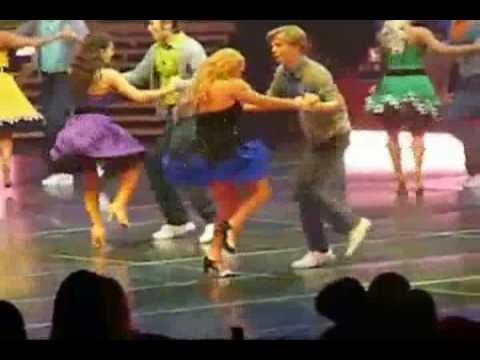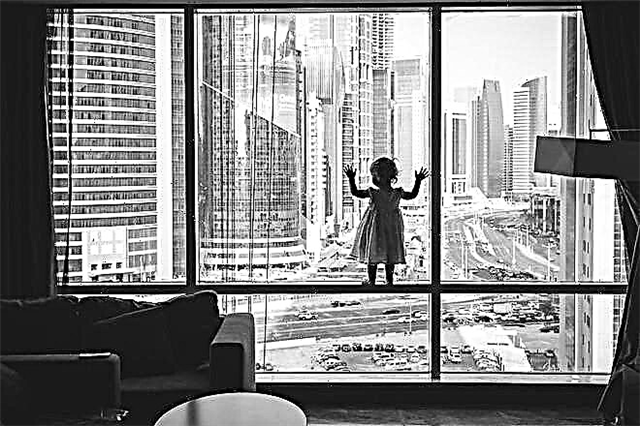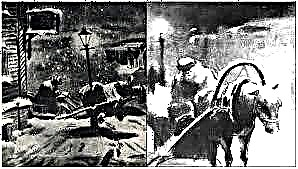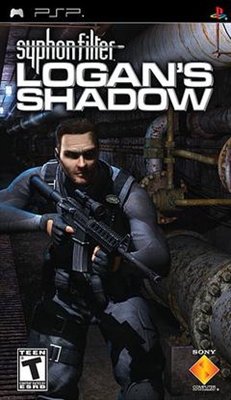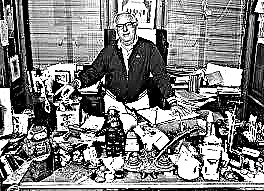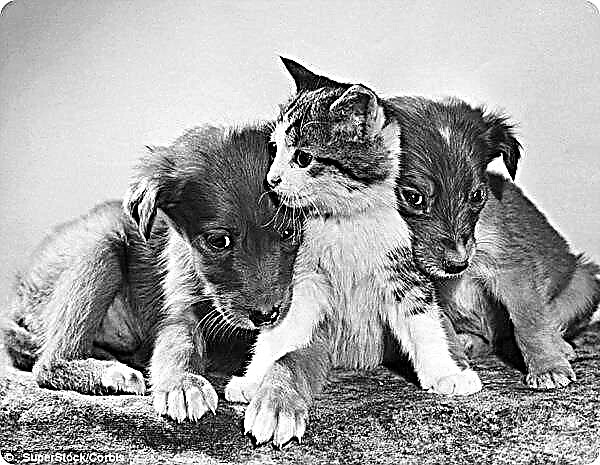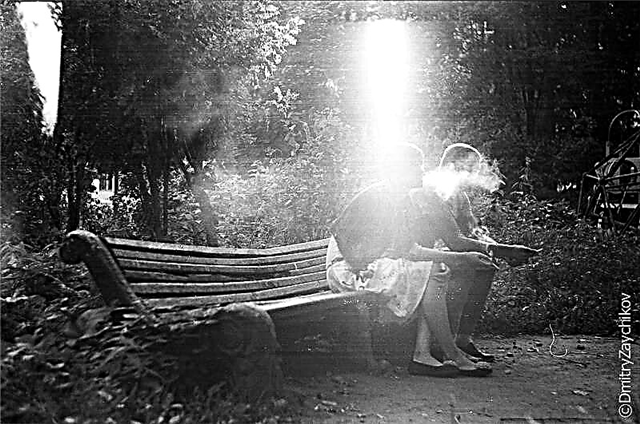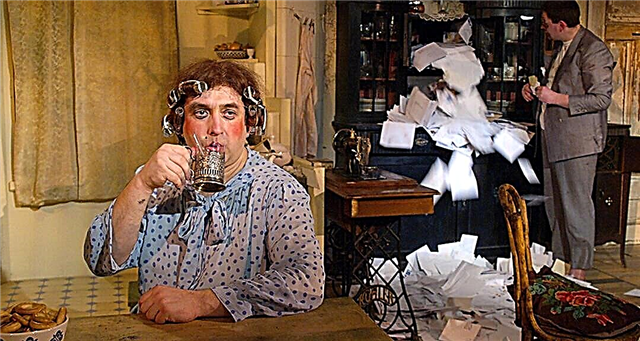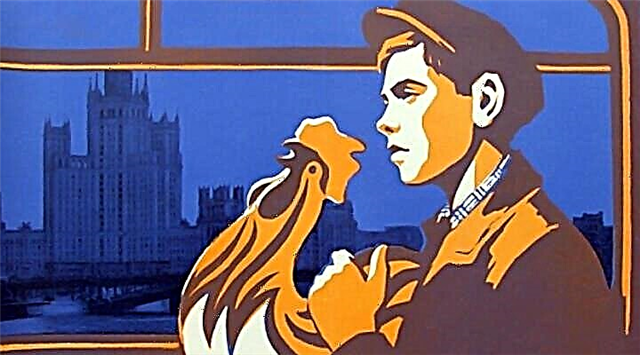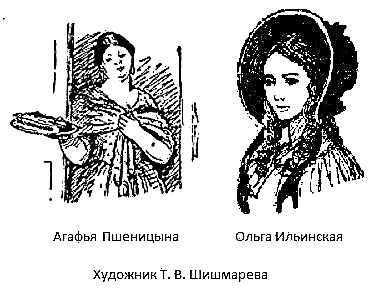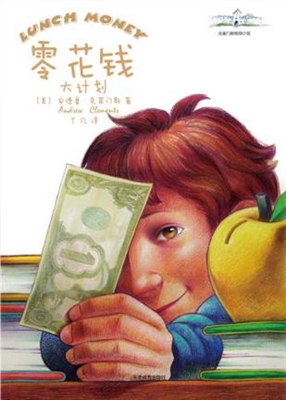Bertolt Brecht, being young, did not believe that he could become a famous and successful writer, but he knew the value of his talent. In his youth, he talked about himself that he could write and compose plays better than many, but admitted to his laziness. I did not think it would become famous. Brecht was true to his principle of telling the truth, whatever it was. No form of expression could constrain an outstanding author, whether it be prose, poetry or dramatic plays. And that makes him a truly great writer. This article will focus on his poetry.
The image of the poet
In the minds of the reader, the poet usually appears as a bright, shocking personality, able to behave boldly and boldly. And Bert Brecht is consistent with this view. It’s enough to recall that in his youth he loved to play his songs on guitar in German cafes, surrounded by fans and, most importantly, fans. Once a writer said:
For one strong thought, I am ready to sacrifice any woman. Almost any. But thoughts, unfortunately, are much less than women! - so Brecht formulates one of his basic principles.
One cannot but pay attention to Brecht's love lyrics. It is difficult to find a poet whose romantic poems would be so diverse. You can also meet with Brecht and melancholy sketches, this is “The Recollection of Marie A.”, where the hero compares past feelings with a cloud that only lives for a moment. In the poem “Secrets of a love life”, Brecht already more passionately, resorting to allegories, describes two ways: a lover and a beloved. But the author also has completely different, bold and straightforward poems, where there are no aesthetic concessions. Among such sonnets are “On the need for cosmetics”, where the following lines are found:
In a woman hiding a figure, I want to say:
Double - burbot il half dead catfish.
You can see her face only at the table,
Where the husband at all agrees to lick it.
She will surrender to him quickly, who hand
Rough rough grabbed her chest,
Closing his eyes and standing under the wall,
Without horror before those who turned into a doll.
(per. A. Ravikovich)
Translations
The writer, who manifested himself in many literary forms, does not ignore translations. Brecht was interested in Chinese poetry, English, French. His favorite authors were Shakespeare, Verlaine, Lee Bo. Interest in these authors is not accidental: their work was in tune with the ideas of Brecht himself. Poems of other poets were mastered as much as possible by the translator, which allowed transposing into their native language to make them as similar as possible to their own works.
One of the most striking examples is the poem “Meine Einzige” (“My Only”) by the Turkish author N. Hikmet. It quite organically stands in line with Brecht's works, where he describes life without embellishment and refuses to be comforted by an illusion, as in "Waking up in the early morning hours." Thus, the character of Meine Einzige understands that his lover will be able to live after his death, no matter how much she loves him. And the hero of the poem "Waking up ..." manages to rejoice that even after his death the thrushes will not stop singing.
Creative method
The poem for Brecht was a kind of tool for creating individual intonation, the necessary sound of the poem. To invite the reader to reason, the poet chooses classical forms. For example, a syllabo-tonic with a regular rhyme, a sonnet. The author achieves the most striking emotional impact on the recipient with a free verse, a verlibre, using all the charm of German assonances and alliterations. The genre diversity of the poetry of the author is also noteworthy. All the writer's work, not only his poetic side, has always been associated with music. It is no coincidence that his first collection was called “Songs for the Guitar for Friends”. This feature, coupled with the study of medieval poetry, aroused interest in Brecht in the genres of ballads, love songs.
Brecht did not participate in the hostilities of the First World War, but worked in a hospital. He was to see a completely different side of the war, which was also reflected in his work. For example, this reflects Legende vom toten Soldaten (The Legend of the Dead Soldier). This ballad is not only unique because it reflects the realities of the war of the early twentieth century, but also refers to the motive of the resurrecting fighter, which dates back to the traditions of Heine and Burger.
The author was not shy to use reduced vocabulary. His credo is honesty, frankness, straightforwardness. All this reminds us that B. B. is the heir to German expressionism. It is the exact, literal word, and not euphemism, that can express emotion, describe the experience. Such is the cycle of poems “From the reader of the townsman”, where Brecht describes the difficulties of survival in very difficult social conditions. Here, the statement is a way of resisting the Nazi regime, because the poems are full of shameless theses and rude, sometimes unprintable expressions.
Key topics and motives
In the 30s of the XX century in Germany there was a difficult political situation. Bertold Brecht could not be a supporter of the Nazi party, because he was forced to emigrate. The writer was very worried about the years of his exile. This topic has a special place in his work. The motive of the abandoned homeland makes the poet related to many authors, from Lucretius to his contemporaries. An example is the poem “The Exile of Poets”:
Homer didn’t have a homeland,
And Dante had to leave his own.
Lee Bo and Du Fu roamed in civil wars,
Killed thirty million.
Euripides was threatened with processes
And the dying Shakespeare closed their mouths.
Francois Villona was visited not only by the muse,
But also the police,
"Dear" Lucretius
I went to the link,
Like Heine, like
Brecht under the Danish thatched roof.(Translated by S. Gorodetsky)
Brecht's poetry is pathetic. It not only serves as an expression of the author’s feelings, but also a mouthpiece of the people, a weapon capable of combating tyranny and totalitarianism. The poetic palette of Brecht is diverse, there is love, and philosophical, and civic lyrics. And each of the directions has its own bright personality within the framework of the tradition of Bertold Brecht.

